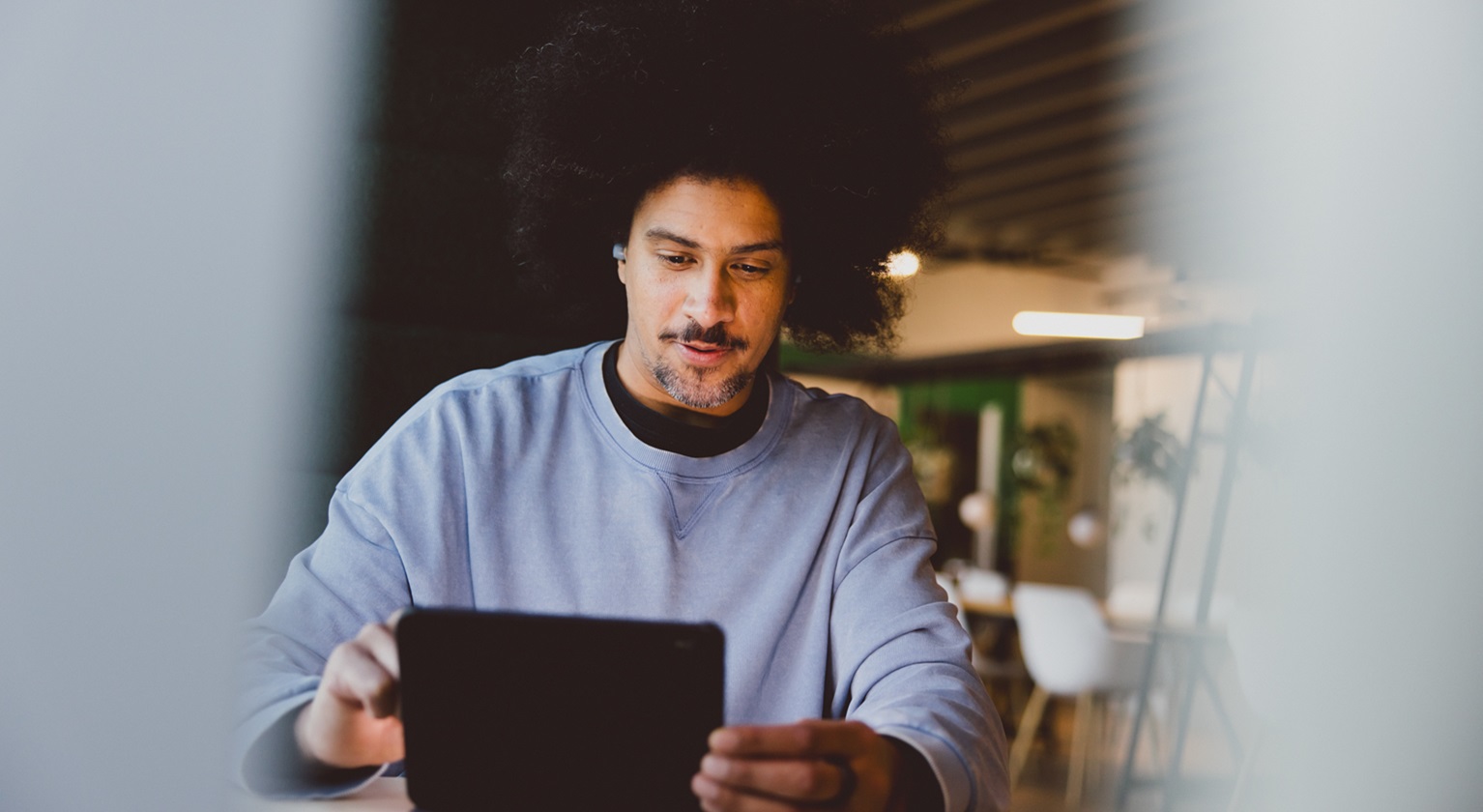Who is responsible for getting the UK ‘net zero’ ready?
Almost 68% of homeowners and 87% of landlords want support from their bank. But many believe that both governments and banks aren’t currently doing enough to support the transition.
Now, more than ever, it’s vital that financial institutions and businesses work with the UK Government to establish a comprehensive plan going forward. Our own five key policy asks include a long-term framework that provides certainty around sustainable home initiatives, calls for improvements on Energy Performance Certificates (EPCs), a system of stamp duty that rewards green home improvements, removing tax barriers for employers and the use of employer tax incentives to encourage green improvements.
Looking ahead
At the time of writing, we’ve provided over 2,000 customers with cashback for approved energy improvement initiatives through our Halifax Green Living Reward and Lloyds Bank Eco Home Reward.4
And as I say, as part of our recent Making Homes Greener initiative, we’re calling on the UK Government to deliver a clear, five-point plan to help make the UK’s homes more energy efficient. Yet despite the progress we’ve already made in supporting our customers to boost the energy efficiency of their homes, we know that now is not the time for complacency.
Our research shows that there’s significant room for improvement, but there’s also reasons to be optimistic. There’s still time to reduce carbon emissions and help our customers make their homes warmer and cheaper, but it will require collective action and collaboration from policymakers, energy companies, house builders, landlords, and banks to tackle the challenges ahead.














